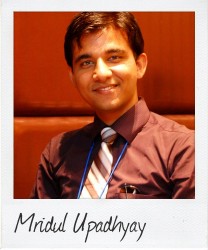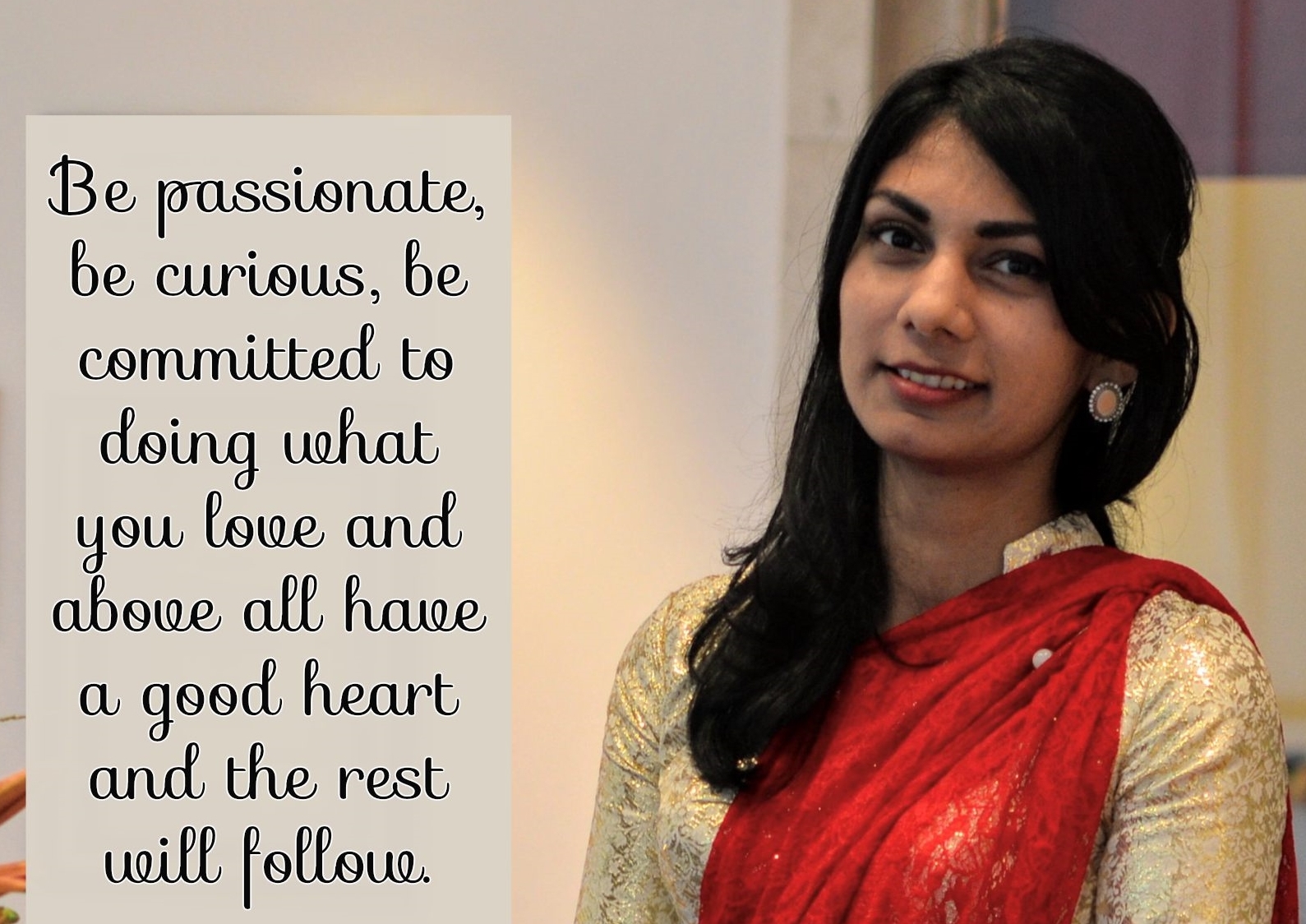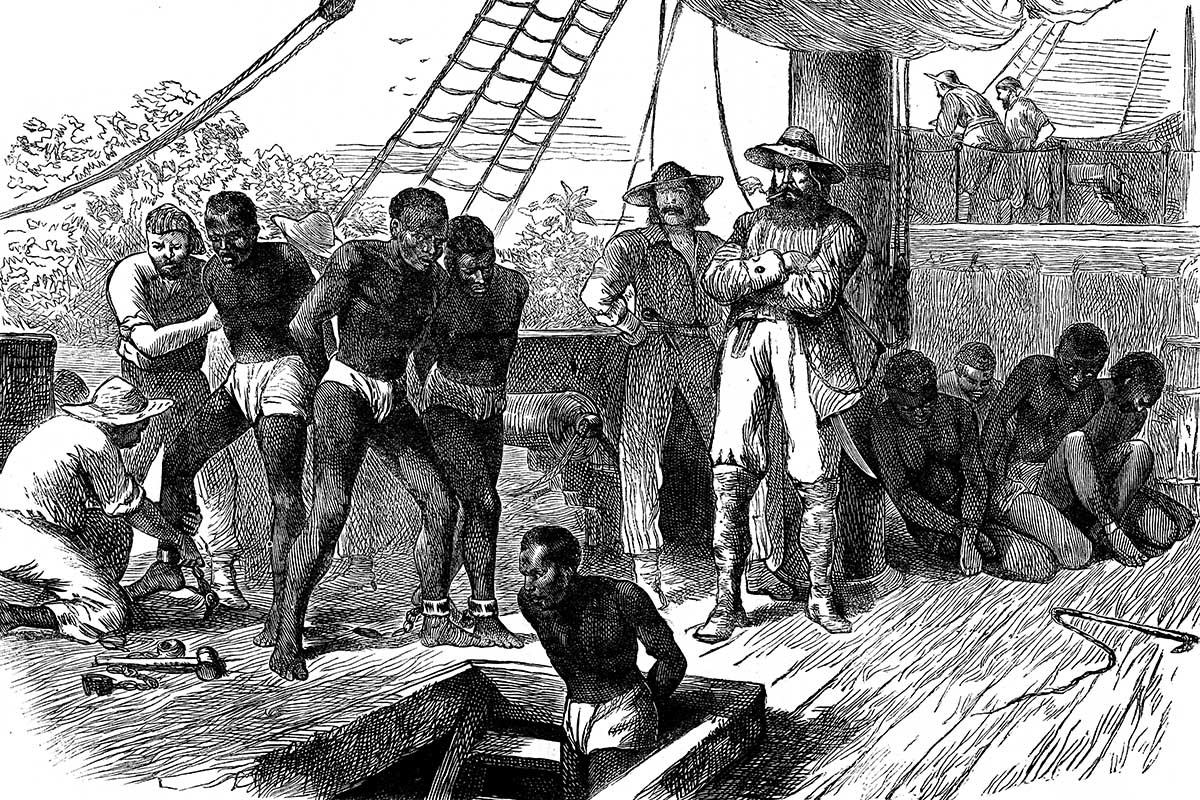“Youth workers are a win-win for government”
September 27th, 2015 Commonwealth Youth Award 2013 winner Anoka Primrose Abeyrathne is a Sri Lankan eco-social entrepreneur, environmentalist and youth activist. Mridul Upadhyay, 24, a Commonwealth Correspondent from New Delhi, interviewed her to celebrate Commonwealth Youth Work Week in November, celebrating the achievement of youth workers, youth organisations and young people throughout the Commonwealth. This year’s theme is “Youth Workers Creating Paths to Peace”.
Commonwealth Youth Award 2013 winner Anoka Primrose Abeyrathne is a Sri Lankan eco-social entrepreneur, environmentalist and youth activist. Mridul Upadhyay, 24, a Commonwealth Correspondent from New Delhi, interviewed her to celebrate Commonwealth Youth Work Week in November, celebrating the achievement of youth workers, youth organisations and young people throughout the Commonwealth. This year’s theme is “Youth Workers Creating Paths to Peace”.
Mridul: Hi Anoka, what type of development work are you involved in, and what got you interested in it?
Anoka: I’m involved in sustainable development work that includes working on policy development, social enterprise and environment protection. Our work started evolving when, after massive 2004 Indian Ocean Tsunami, I realized the need to work on policy-making to ensure that mangroves are protected in the long run, as well as ensuring that sustainability was embraced by communities in a way that it benefited them.
Mridul: What significant positive impact did you have in your community?
Anoka: After mangrove replantation through our sustainable development initiative, many communities of people are able to engage in eco-tourism and also have a healthier life style. Previously they used to rely on rough seas for fishing and also had health issues because of environmental degradation. It is a huge impact because you’re helping people and the planet both.
Mridul: What has winning the Commonwealth Youth Award meant for you?
Anoka: It’s an appreciation and encouragement of what we’ve been doing for ten years now. It has certainly helped us by supporting our work and making our story amplified. So we’re very grateful.
Mridul: What is the best part about your job? And what is the worst part of your job?
Anoka: Freedom from office work and the ability to enrich people, our country and South Asia are definitely great perks. The only downside would be not having a lot of social time, but the work and joy make up for it.
Mridul: What do you think are the biggest issues young people face right now?
Anoka: Unemployment, lack of employment for their skill sets, and lack of access to governance and policy.
Mridul: What does youth work mean to you?
Anoka: Youth work means working with and developing young people to achieve their full potential.
Mridul: Why are youth workers important? What role do they play?
Anoka: Youth workers are dedicated young people who understand the importance of youth development and work towards it. They’re important because they go to all levels of society and help young people access better education, skills and empowerment. Their roles vary from being facilitators of education to being persons who bring youth together for skills training and guidance.
Mridul: Can you tell us why it is important to see youth workers as professionals?
Anoka: Professionalism is very important because it’ll ensure that young people are taken more seriously, and that they are able to do the little things like being regular, on time and courteous. Also, they’ll get minimum wage and other perks.
Mridul: How do – and how could – governments support youth workers?
Anoka: Governments can incorporate them into their social work and youth work programs. Instead of recruiting persons who may not be passionate about youth, a youth worker would care more about youth development and work cohesively with the governing body in implementing programs effectively and also be paid for it. This is a win-win for both.
Mridul: How would you like to recognize or celebrate Commonwealth Youth Work Week in November this year?
Anoka: To best celebrate it would be to engage young people in different programs that highlight the importance, the perks and the ability of youth workers. It’ll encourage more youth to be youth workers, working for a better society and country.
Mridul: What would you say to the Commonwealth Heads of Government at CHOGM in November?
Anoka: To embody the meaning of the Young Commonwealth and to work towards ‘what’s next’, provide access to governance structures and involve young people in development. We are the most underutilized asset governments have, so engage us to work together so that we’re at the heart of sustainable development.
Mridul: It was a nice interview, having a lot of intellectual thoughts. Thanks a lot for your time.
Anoka: Thank you.
Reach me on Twitter @Mridul_upadhyay
…………………………………………………………………………………………………
About me:
A thinker, a social volunteer, a mechanical designer, a theater artist, a guitar player, a lyrics-writer, an amateur sketch artist, a cook, a traveler, a wannabe civil servant – there are many phrases I enjoy trying on me to describe what I see myself as.
…………………………………………………………………………………………………
Opinions expressed in this article are those of the author and do not necessarily represent the views of the Commonwealth Youth Programme. Articles are published in a spirit of dialogue, respect and understanding. If you disagree, why not submit a response?
To learn more about becoming a Commonwealth Correspondent please visit:
http://www.yourcommonwealth.org/submit-articles/commonwealthcorrespondents/
…………………………………………………………………………………………………




